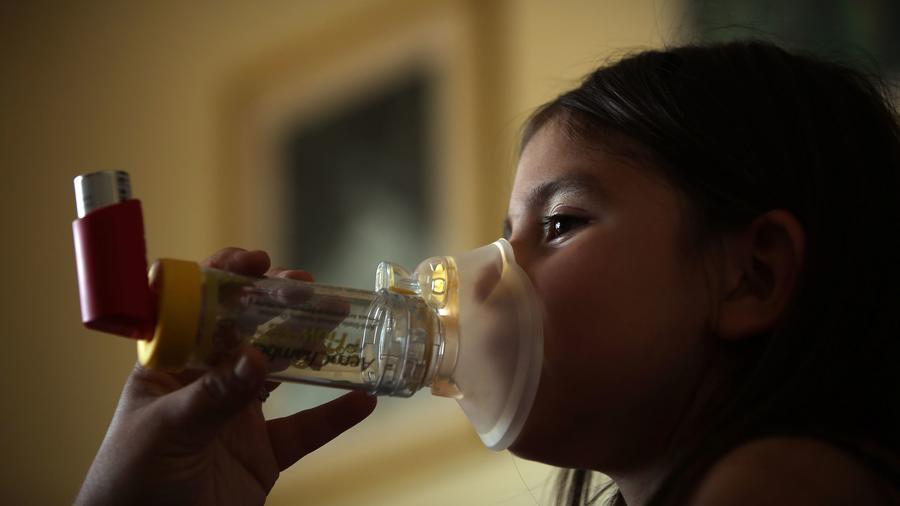
In the News
Public Health Leaders Say U.S. Withdrawal from Paris Accord Bad for Health
-
Focus Areas
Environmental Health -
Issues
Asthma, Climate Change -
Expertise
Public Policy Advocacy -
Programs
Center for Climate Change and Health

PHI President and CEO Mary Pittman’s statement on President Trump’s decision to pull out of the Paris climate accord is quoted in this LA Times article highlighting the opposition of public health groups to the decision.
Environmentalists aren’t the only ones outraged over President Trump’s decision to have the U.S. walk away from the Paris accord on global warming. Health experts are pretty dismayed as well.
The climate agreement, reached in Paris in 2015 after years of negotiation, aims to keep Earth’s temperature within 2 degrees Celsius (or 3.6 degrees Fahrenheit) of pre-industrial levels. Meeting that goal would have required the U.S. to cut its emissions of carbon dioxide and other heat-trapping greenhouse gasses — moves that Trump said would wipe out the jobs of millions of Americans. (Many economists disagree.)
Should global temperatures exceed the 2-degree Celsius target, the environmental consequences are well-known: higher seas, more powerful storms, longer droughts and diminishing biodiversity, to name a few.
But the people who pay attention to public health want to remind you that a warmer planet will bring more air pollution, fuel the spread of infectious diseases and increase the incidence of certain cancers, among many other things. (For a full accounting of how climate change impacts human health, check out this report from the National Institute of Environmental Health Sciences or this assessment from the U.S. Global Change Research Program.)
Here are some of their reactions to Trump’s announcement:
Climate change is happening and it’s affecting our health
“Today’s reckless decision is further abdication of leadership at the federal level to protect public health. … The science is clear. Climate change is happening and it’s affecting our health. A changing climate affects our food supply, the spread of infectious disease, our water systems and air quality, and much more. All have significant impacts on human health.”
— Dr. Georges Benjamin, executive director of the American Public Health Assn.
Unchecked climate change is a global health crisis
“Climate change is already harming the health of people in the United States and worldwide through degraded air quality, heat waves, droughts, extreme storms, disease outbreaks, and more. Unchecked climate change is a global health crisis that threatens to reverse decades of health gains worldwide, with serious consequences for our children and generations to come.”
— Harold P. Wimmer, national president and CEO of the American Lung Assn.
The most important public health issue of our time
“Climate change is perhaps the most important public health issue of our time. Aggressive, unilateral and mutual action is urgently needed to protect our people and our planet. The U.S. President’s decision today to withdraw from the Paris Climate Accord is a mistake that, if not quickly undone, puts the entire world on a perilous course.”
— Mary Pittman, president and CEO of the Public Health Institute
Originally published by Los Angeles Times
More Updates


Safeguarding the Health and Wellbeing of Agricultural Workers in Monterey County: A 5-Year Glance at the COVID Pandemic & Lessons Learned

New Study Reveals Why Alcohol Use Increased During the Pandemic

PHIL Collective: Tools, Training and Resources for Collaborative, Cross-Sector Efforts to Improve Health and Equity
Work With Us
You change the world. We do the rest. Explore fiscal sponsorship at PHI.
Support Us
Together, we can accelerate our response to public health’s most critical issues.
Find Employment
Begin your career at the Public Health Institute.
